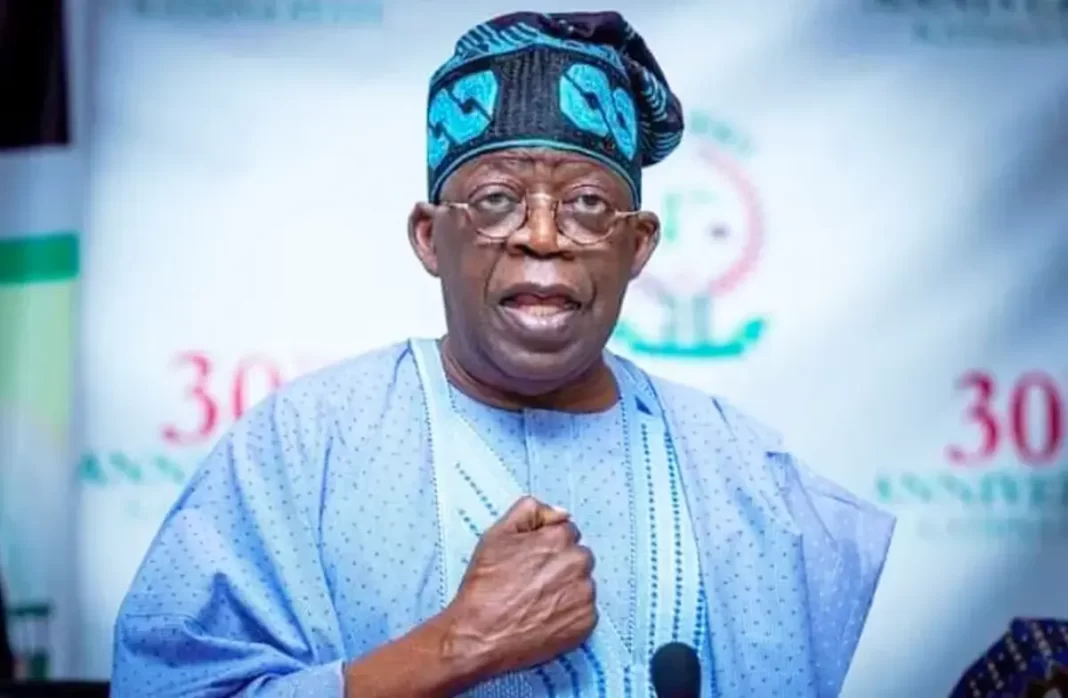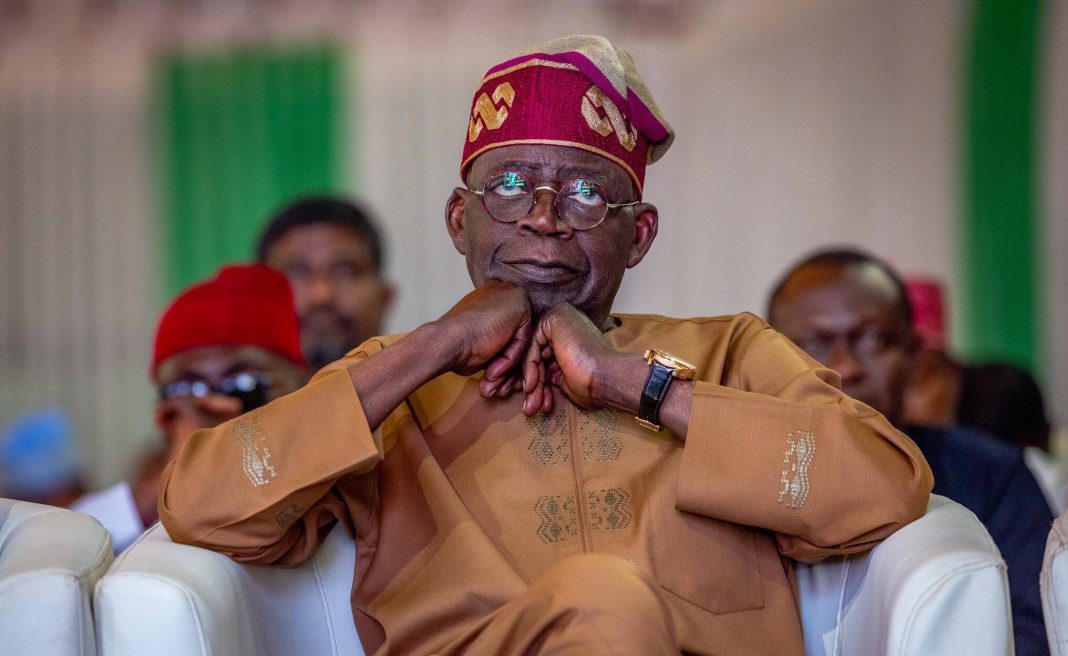BY KAZEEM AKINTUNDE
A few years back, government officials attached to Ifako/Ijaiye Local Government area of Lagos State were in my mum’s house to get her details.
She was told that the Federal Government was registering elderly Nigerians ahead of plans to pay them and those considered ‘less privileged’ a stipend of N5, 000 monthly.
At over 75 years and a widow, she was told that she is eminently qualified for the monthly token. She eagerly gave all the information requested but she ran into difficulties when they asked for her bank account details.
She had none, and in order not to miss out on the largesse, she called me to provide my bank account details as she had given my name to the officials as her next-of-kin. I was a bit reluctant about the genuineness of the claim, but in order not to create any issues with her, I quickly provided what she requested.
Whenever she remembers that the Federal Government staff had promised her some funds for her upkeep, she would call to inquire whether I’ve gotten any payment for her. When the call became persistent, I explained to her that since she used her phone number in the details she provided to the government officials, she would get an alert whenever payment was made to my account through her phone.
After waiting for over a year and nothing was forthcoming, she eventually gave up. Even though she doesn’t necessarily need the money as her six children are taking care of her needs, her hope was once again rekindled when a few months before the last general elections, the team returned to get more details with a promise that payment would be made within a few weeks to all beneficiaries.
Perhaps, she will get the money tomorrow. After all, this is a government of renewed hope. But I can’t help thinking about my mum’s personal experience with the conditional cash transfer scheme of former President Muhammadu Buhari.
Under the scheme, the Federal Government planned to disburse N5, 000 each to about 24.3 million poor Nigerians over a period of six months. Though the programme was done in phases, with all the 36 states in the country and the Federal Capital Territory benefiting, I doubt if half of the number of people enrolled for the exercise got anything at the end of the day.
Except for photo ops done in some parts of the North where the then Minister of Humanitarian Affairs and Disaster Management and Social Development, Hajia Sadiya Umar Farouq openly presented cash to some beneficiaries, the whole scheme was riddled with allegations of corruption and nepotism. How many poor Nigerians whose data were captured eventually got the funds? What is the percentage of beneficiaries in the North compared to the South?
A programme designed by the government to cushion the effect of the COVID-19 pandemic on the masses became a source of enrichment for government officials.
While the Federal Government contributed 80 per cent of the fund for the scheme, the World Bank contributed 20 per cent. The 80 per cent from the Federal Government came from the recovered loot from the late General Sani Abacha.
Now, President Bola Tinubu seems to be toeing the same line, with his plans of giving N8, 000 to 12 million households in the country.
Last week, he wrote to the National Assembly to approve a World Bank soft loan of $800 million that would be used as palliative for Nigerians to cushion the effect of the removal of subsidy on fuel.
Even before the ink on his letter dried up, members of the National Assembly quickly approved the loan request for the President but not before taking a huge chunk for themselves.
The lawmakers allocated N70 billion to ‘eradicate poverty’ among themselves. The money, we have been told, was to take care of the welfare of new members. Another source said that the money was set aside to fund the ongoing renovation works in the Assembly.
Whatever the case may be, it is wrong for the National Assembly members to set aside part of the funds for themselves. With less than 500 members in the NASS, they will get to share N70 billion, while we have been told that only 12 million poor households in the country will get N8,000 monthly for six months.
Lawmakers that should have asked critical questions on how the money would be disbursed are not interested since their interest has been adequately taken care of.
Who are the poor households that will get the money? Have they been identified and selected? Is the government going to use the same database used by the Ministry of Humanitarian Affairs to disburse? Was any survey carried out to see whether previous interventions achieved desired results? So many questions but little or no answers.
I am shocked that the Federal Government headed by Tinubu, with his much-touted think-tank could not come up with better options than this ‘Almajiri’ type of palliative for Nigerians.
Is this the best option the Federal Government could come up with in providing palliatives for over 200 million Nigerians?
How about providing grants to unemployed youths who have verifiable business plans that could further provide employment opportunities to a minimum of five other people?
What is wrong if the Federal Government converts the recently launched student loan scheme to grants? This would go a long way in retaining our kids in school while at the same time providing some relief to already traumatized parents.
Is the Federal Government thinking of providing subsidized mass transit buses, trains and ferries to millions of commuters daily? How about cheap fertilizers for farmers? Power distribution companies are already planning on increasing the burden on all households in the country by a tariff hike; is the Federal Government thinking of the possibility of coming through for the people in the form of palliatives?
Is it not possible for the government to channel those funds to infrastructural projects that would have a meaningful impact on the life of average Nigerians?
Indeed, many see the plan by the government to provide N8,000 to 12 million households as another project conceived by the government to deceive the masses and through it, create avenues for politicians and senior government officials to divert the funds to their private pockets.
We seem not to have learnt any lesson from the last administration that wasted several billions of naira on programmes designed to alleviate the sufferings of Nigerians but which never did, and actually added to their misery.
Even if parts of the money are provided as grants or even loans to cattle farmers for the singular purpose of establishing cattle ranches, it would have solved a major problem confronting the nation as the farmers/herders clashes would have been permanently taken care of.
Farmers will now know that the only problem they will have to deal with will be the issue of kidnapping for ransom. Some of them may be motivated to return to the farm. This would, in the long run, bring down the cost of foodstuff in the country.
However, both the Nigeria Labour Congress and the Trade Union Congress have expressed total shock and surprise at the turn of events from the side of the Federal Government.
This is because when the subsidy on fuel was removed, the government and labour leaders set up a committee to work out modalities on how the pains of the removal would be ameliorated for many suffering Nigerians.
But the committee is yet to submit its report before Tinubu announced his palliative for only 12 million households. What would be the fate of other Nigerians that won’t benefit from the largesse? In actual fact, what is the worth of the N8, 000 if taken to the market today?
The President of the TUC, Festus Osifo, who also doubles as President of the Petroleum and Natural Gas Senior Staff Association of Nigeria has come out to say that the union is not in support of the N8, 000 Tinubu’s palliative.
“Any palliative payment must be in line with the agreement reached with labour in line with the technical committee meeting,” he said,
In the same vein, the President of the Association of Senior Civil Servants of Nigeria and TUC’s Deputy President, Dr. Tommy Okon, submitted that the move amounted to economic waste.
“What is N8, 000 monthly to 12 million Nigerian households with these hyperinflation and socio-economic challenges?
“How did the government or the President determine those who are to benefit from the data deficit in Nigeria? I think the government should stop this ad-hoc and unsustainable programme.
“What form of poverty alleviation policy implementation strategy is this? Is it not proper to allow the Presidential Committee on Removal of Oil Subsidy to conclude its assignment and arrive at a collective agreement with organized labour before embarking on any palliative care distributions? What the government is doing could amount to a repeat of what the previous administration did that yielded no positive impact on the economy and the citizens,” Okon said.
Frank Shaibu, media aide to Atiku Abubakar, presidential candidate of the People’s Democratic Party, also has a scathing remark for Tinubu and his policies which he described as a brand of ‘Agberonomics’.
Hear him: “His only plan is to tax Nigerians to death as he did in Lagos and that is why the people of Lagos rejected him in the last election. Tinubu promised to turn Nigeria’s economy into a $1 trillion economy but it is all a scam and can never be achieved with his brand of agberonomics.”
He is of the view that Tinubu ought to have focused on putting money into the agricultural sector and subsidizing production, and working at attaining energy security that is the backbone of spurring desired economic growth from SMEs if he was really serious about reviving the economy.
Many Nigerians are reeling from the effects of the removal of fuel subsidy and they are not keen on the palliative announced by the government.
Nigerians are not lazy people that would wait on the government for peanuts to feed and take care of their families but simply crave an enabling environment where they can thrive in whatever they do.
Tinubu would do better by putting the fund into providing infrastructure for the people. He should work on providing a 24-hour electricity supply to Nigerians, reduce the cost of phone data and provide grants and soft loans to the unemployed and watch the ripple effects of those measures on the economy in a few years.
The conditional cash transfer of the Buhari regime added little or no meaningful impact on the nation’s economy and I don’t expect any magic from the announced Tinubu’s palliative of N8, 000 for 12 million households.



